Knowing when to walk away from a Localization client
This week, we celebrated Mental Health Day, an excellent opportunity to pause and reflect on the importance of mental health. We've made significant progress on this topic in recent years. The fact that people from all walks of life and professions, including athletes, actors, and more, have spoken up has helped us gradually normalize paying attention to our mental well-being. I'm convinced that in a few years, we'll look back and find it strange that we used to pay so much attention to what we eat and exercise to care for our bodies while neglecting our minds.
As I read various articles on this topic this week, I began thinking about the localization industry and my personal experience. This led me to a question that prompted me to write this post. In all my years working in this (wonderful) industry, what were the moments that stressed me the most, the times when I felt mentally pushed to the limit? I didn't take long to find the answer to my own question.
These high-pressure moments weren't tight deadlines or difficult conversations with team members or stakeholders; although those situations were unpleasant, it was nothing compared to the pressure I felt when I couldn't say NO to a client.
For a significant part of my career, around 15 years, I worked as a Localization Service Provider on the other side of the fence I’m now (LSB). Looking back, my mental health suffered a lot during those times. I remember the anxiety I felt on Fridays when we would find out if we had to work on the weekend for LQA-related tasks. The idea was to work as much as possible on Saturday and Sunday so that the client would have their LQA report ready on Monday, giving them the entire week to fix any bugs.
I understand that there are occasional situations like this, and that's fine if it happens once or twice. But what happens when it becomes a pattern? What happens when we can't say NO to the client because we need them, and their payments are crucial for the company's financial goals? What happens when an aggressive client disrespects an LSP because they know the thousands of euros they pay for localizing their product are vital for the LSP's account?
In hindsight, I'm surprised I endured this for so long. Perhaps it was because mental health and burnout were stigmatized, and I didn't even realize what was happening to me, or maybe it was because I had a young child and a newborn, and I was afraid to speak up for fear of losing my job. Whatever the reasons, this situation came to mind this week during Mental Health Awareness as I reflected on one of my most challenging periods.
So, understanding that leaving a client is never an easy decision, my post this week is about how we can assess when it's time to part ways with a client and some ideas on how to do it. This is information I would have loved to have had years ago, so in a way, this post is for the past me, and I hope it's useful to any professionals in our industry currently facing a similar situation.
Knowing when to walk away from a Localization client
Knowing when to walk away from a client or project is a crucial decision and should be approached carefully. Here are some ideas on how to approach this phase:
Click HERE to download the image
1. Assess the Impact: Look at how the challenging client affects your team, you, and your overall business. Think about things like increased stress reduced productivity, and how it might impact your reputation. If the downsides outweigh the project's benefits, it might be time to think about moving on.
2. Open Communication: It's all about honest and respectful chatting with the client. Let them know you're having issues with the collaboration and want to find a solution. Sometimes, addressing problems directly can help find a solution.
3. Offer an Exit Plan: Suggest a plan for a smooth transition when discussing the possibility of parting ways. This might involve helping them find another localization provider or finishing any ongoing work before calling it quits.
4. Protect Your Team: This one is super important; think about your team's well-being. If they're constantly stressed or demotivated because of the difficult client, prioritize their mental health. A toxic work environment can have lasting negative effects.
5. Seek Legal Advice: Talk to a lawyer to understand your rights and responsibilities if things get legally complicated. They can help you navigate the process of ending the contract. Review the Contract: Go back to the agreement you have with the client. Ensure you understand the terms, including when and how to end the partnership and any costs involved. Also, good advice is to document everything. Keep good records of all your interactions, communications, and issues with the client. This documentation can be handy if there are disputes or legal matters when ending the partnership.
6. Maintain Professionalism: No matter what, stay professional and avoid burning bridges. Ending a business relationship on good terms can keep the door open for future collaborations.
7. Learn from the Experience: After parting ways, take some time to figure out what went wrong and what lessons you can learn from the experience. Use those insights to improve how you choose clients in the future.
Conclusion
Remember that the decision to walk away from a client should not be taken lightly, but sometimes, it's the best course of action for the overall health and success of a business and your well-being. Approach the situation with empathy, professionalism, and a focus on finding the best possible solution for all parties involved (being one of those parties, your mental health)
@yolocalizo

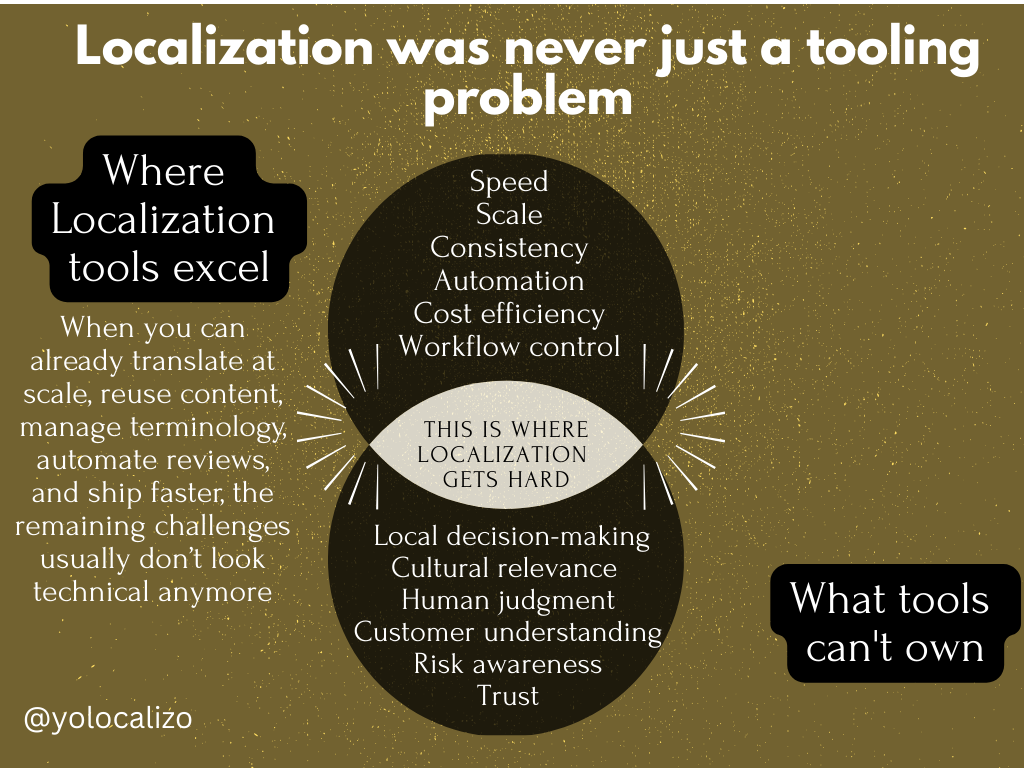
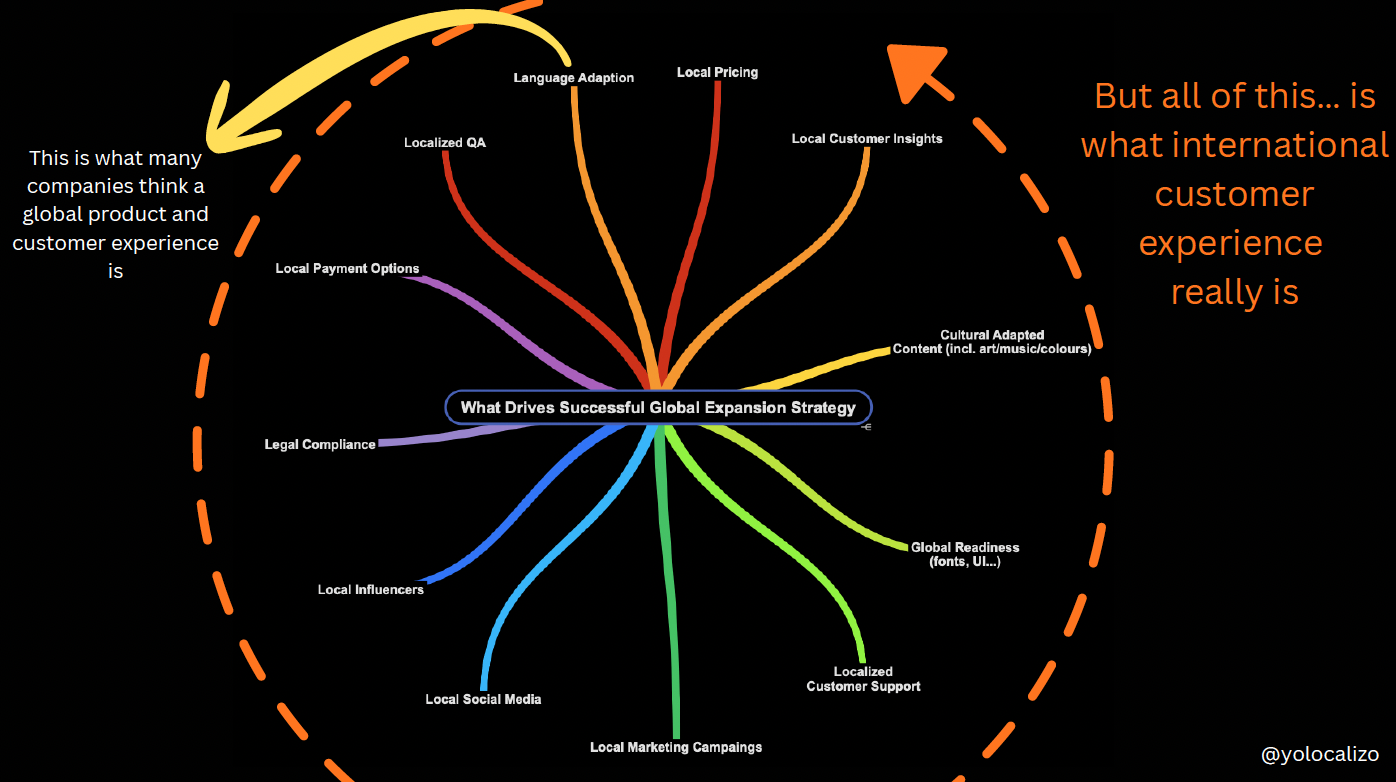
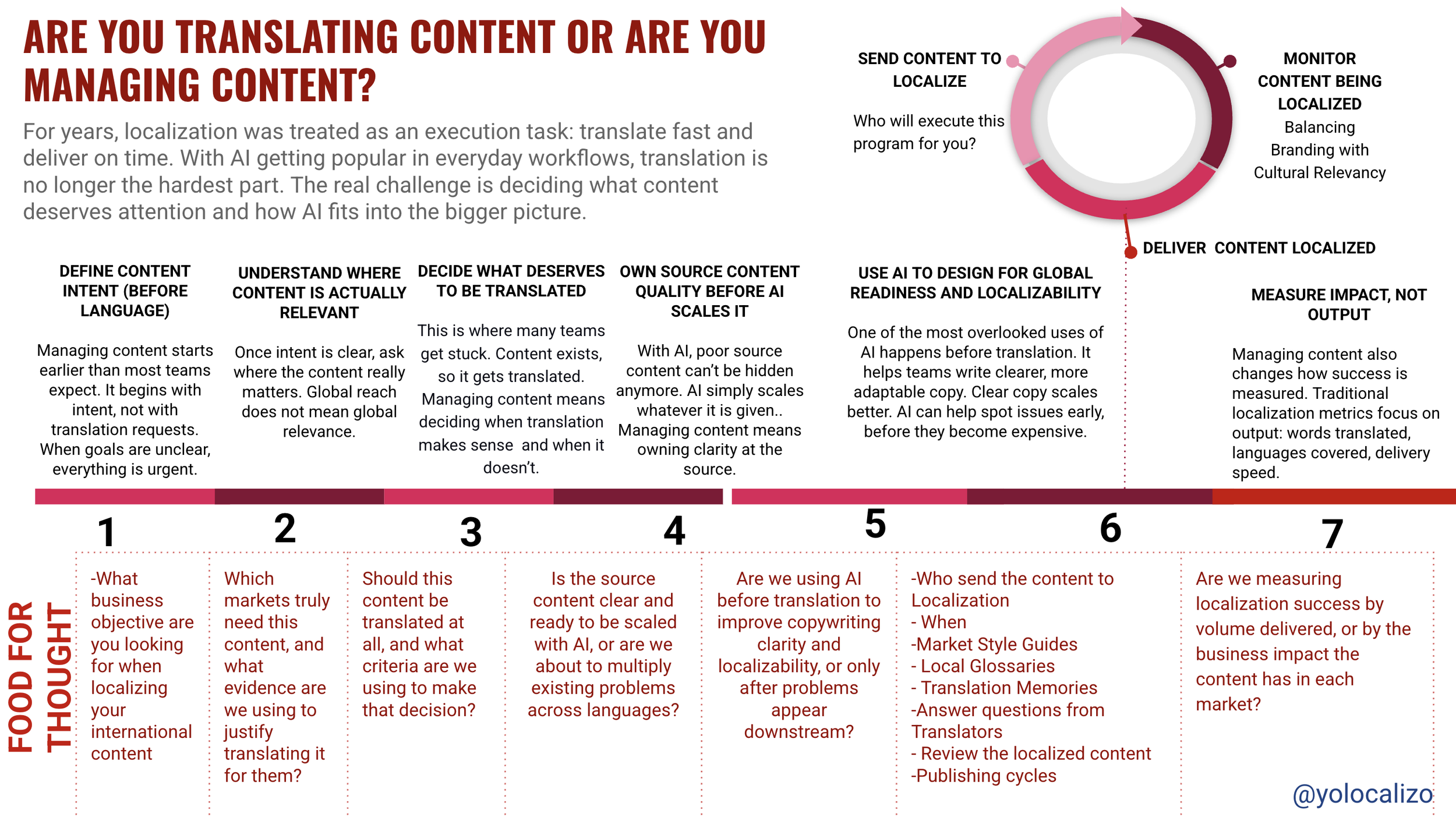

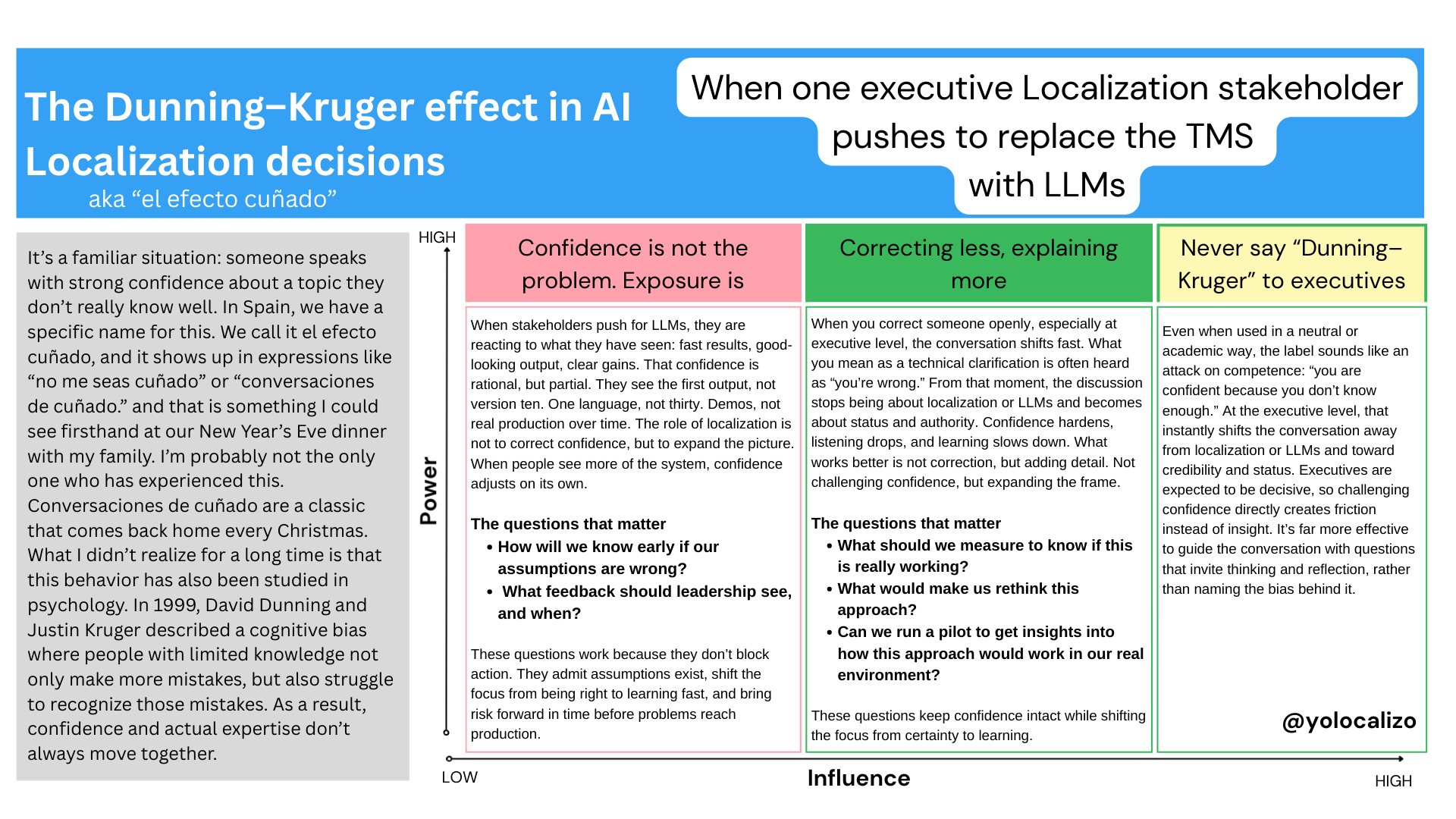


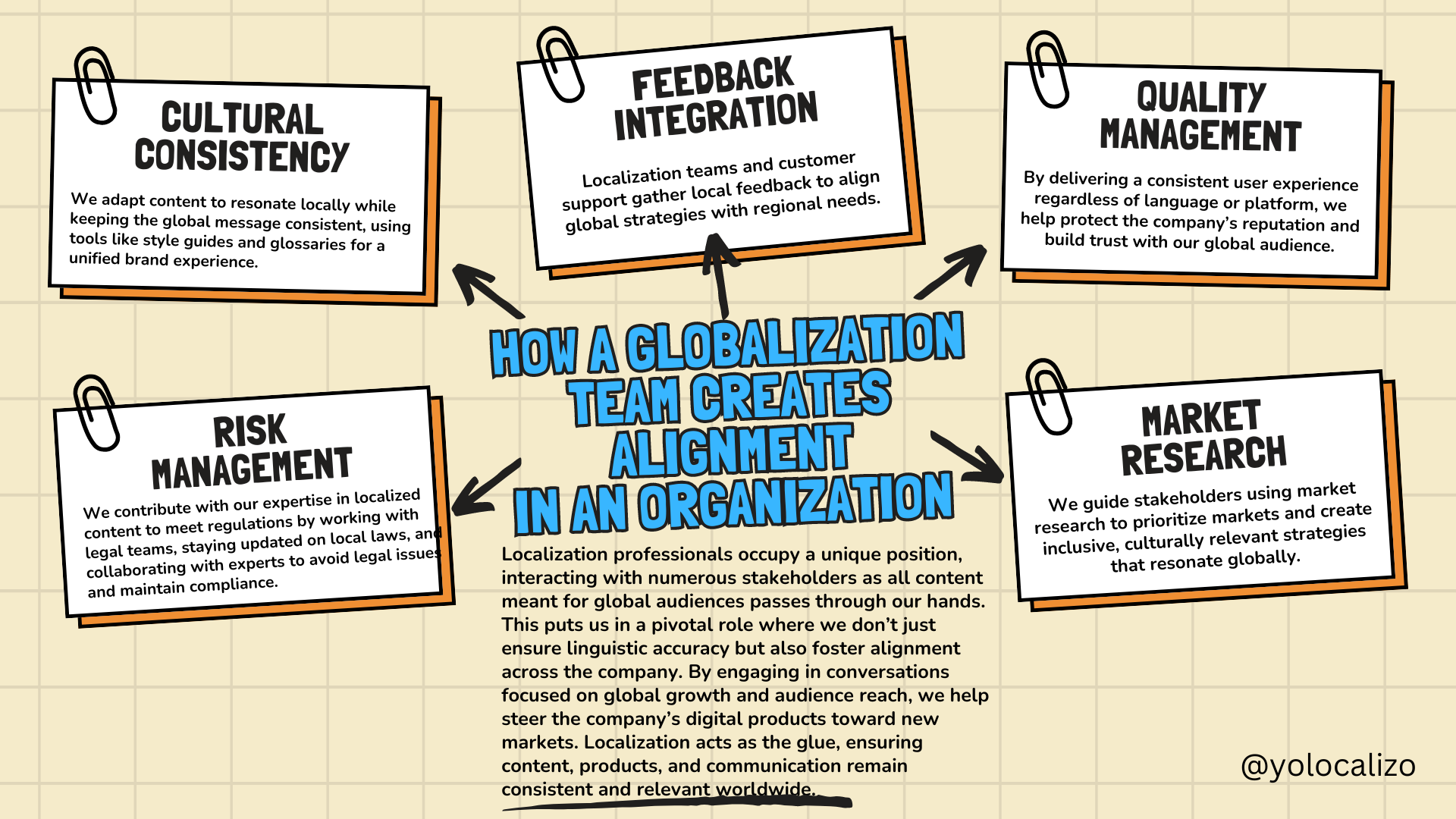





The world of localization is full of small, hidden details.
Some things are deeper than they seem, and I often see between in-context review and LQA in the world of Localization. They might seem the same, but if we scratch beneath the surface, we'll see they're not what they seem.
In this post, I want to focus on explaining the differences between in-context review and LQA, which is something I see being confused quite frequently, and although the tasks are similar ... they are not the same.